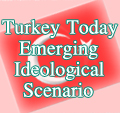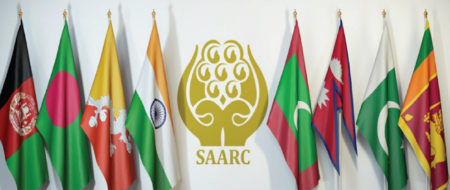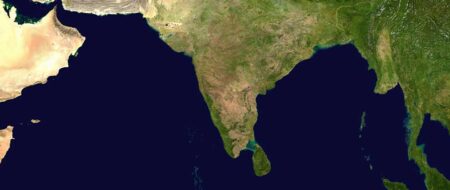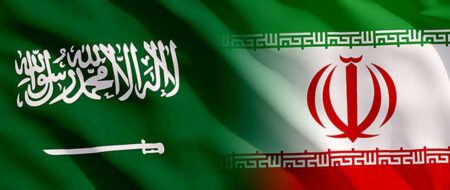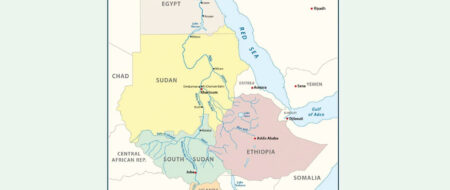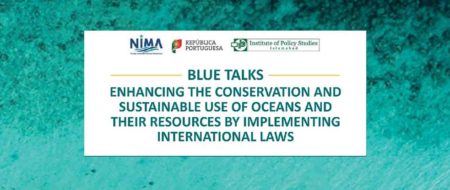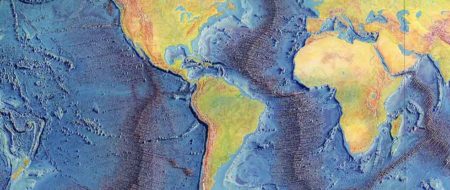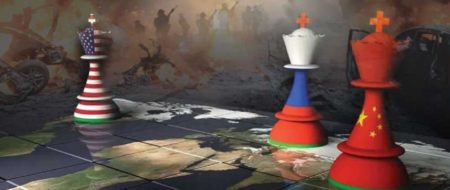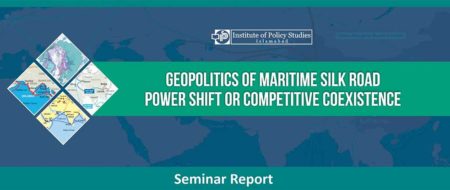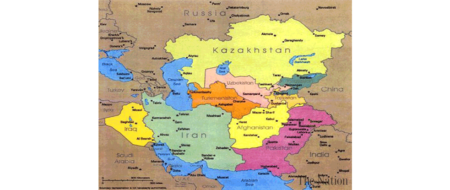Turkey Today: Emerging Ideological Scenario
Concluding Remarks (Chair)
The vibrant response and participation from the audience following both the presentations indicates to me an unprecedented interest in Pakistan in Turkey. Turkey is a very important player for many reasons and the discourse launched by Dr. Bacik was brilliant in the sense that it provoked a good discussion. One does not have to agree entirely with the speaker but the great value of the discourse is that the ideas were presented with complete intellectual honesty. The discussion by the participants shows that there is an unprecedented interest in Pakistan in understanding the internal dynamics of Turkey.
A point came in the discussion that the Turks cut off their linkages from the past. It is very important that one should contextualize the developments. What actually happened in the last days of the Ottoman Empire was that a declining empire weakened by the wars faced a tremendous hostile Laurence of Arabia–led Arab revolt. The Turkish army stood in danger of being trapped in a large number of pockets from Egypt to Saudi Arabia and other parts of the Ottoman Empire. A struggle for the complete destruction of Turkey was also put up by “the old friend,” Greece, and backed by the militaries of the UK and other powers. At that time, Mustafa Kemal, a brilliant Turkish general, decided that the survival of the homeland depended on a successful extrication of the beleaguered Turkish forces from all over the Middle East. That was the physical separation and disconnect of Turkey from its past. In his leadership, the Turks defeated the heinous strategy heroically, with tremendous courage and great sacrifices. By 1922, the situation was stabilized and then the project of nation building and constitution building began. With these traumatic experiences, it is not difficult to see the mode of the time. The fastest route to survival and development was considered to be a military-led rule of bureaucracy, and a successful model, France, UK, America, or any other [Western power]. In fact, Turkey did not follow a single model and adopted an eclectic approach. An important part of the process of building the nation-state was disconnecting from the Ottoman past.
The price has been heavy because Turkey had to go through some fundamental changes. Consider, for example, the change of script. One consequence of this shift was that one of the greatest intellectual and literary heritages, spread over eight hundred years, became unavailable to the new Turkish scholars. Even today, while a lot of effort has been made to transcribe this heritage, one has to depend on specialists who can read the script, and who know Arabic and Persian. One estimate is that only 10 percent of that heritage is now available. This consequence was partly indigenous and partly from outside; a period of consolidation in which, on the ideological side, there was an effort towards the destruction of memory.
It is important to underscore here because one of the major objectives of today’s Western strategies is to make the Muslim societies forget about and to lose their collective memory. But it never really happens. The reference can be made to France, the French revolution, the Jacobean terror, the Jacobean suppression of the Church: all this happened but a number of very scholarly books in Europe suggest that Christianity never gave up or died. The religious emotions and ethos survived and still have their influence even on political issues. When the people of the European Union recoil or oppose the idea of Turkey’s joining the European Union, part of this is certainly due to economics, jobs, and the issue of immigrants, but one does not have to be a rocket scientist to see that EU countries do not know how they would assimilate such a large population with a different cultural background into a Christian world. There are certain voices in Europe that say, “We are Christians and we have to protect our Christian heritage.” The fact of the matter is that Islam has never really died in Turkey as well. The social life in Turkey was organized in terms of silsilas and tareeqat (different denominations of Sufism/mysticism) and people continued to go to them. Even Turkish engagement with the countries that were part of Ottoman Empire in the past is seen as an effort by Turkey to revive its imperial project, backed by a strong economy and foreign policy.
The eminent scholar, Dr. Bacik, has rightly pointed out that, besides the ideological framework, a big change was the mass urbanization that caused a great economic miracle in Turkey, but the economic development, devoid of ideology, also created a new identity crisis. There were the Westernized elite on the one hand and Anatolian workers on the other, who came and became a new proletariat, and brought with them a huge cultural baggage, which has its impact. Turkish society could have gone either way and this struggle has been quite noticeable in Turkey. The ideological streams, particularly the efforts of Erbakan, showed remarkable capacity for survival through a series of mutations: one party was banned, another party would come off. It is not to say that Erdoğan was a direct pupil or inheritor of the Erbakan tradition but there is a continuity of ideas. As Dr. Bacik has explained very well, AKP does not want to put a specific label on its struggle and it prefers to talk in terms of market economy and market forces, but religion is really inseparable from these intricate dynamics. Yet, it does not mean that the present government is engaged in tactical maneuverism. It is a natural, organic growth of ideas that gradually continue to move forward. It is very difficult to predict at this point in time what the final shape of things will be, but there is no denying the fact that some very exciting things happened at the level of ideas. The Turkish experience is successful. While it is said that there is a mercantile, market-oriented urge which makes Turkey look towards the East, it is not entirely separated from the Islamic impulse which lies in the subconscious layer. The acceptance of Turkey by the Muslim world itself is a subconscious layer. Turkey is seen as a country that can be trusted and this is most likely the reason behind the Iranian inclination to trust Turkey more than any other country.
There are a few religious streams in Pakistan that want the Turkish leadership to follow literal meanings of the religion in legislative decisions, but it does not seem necessary. What is important is the dynamic, forward process and if it continues, the democracy will also flourish. In this context, the direction of the Turkish leadership is absolutely clear and the policies are well thought out. This is the reason that election after election, the Turkish electorate comes back with a very clear verdict and reading the developments on these lines urges one to predict that the elections in June 2011 will not produce very different results. The ideological streams around the Muslim world, particularly in Pakistan, need to learn from Turkish successes and see how they can benefit from the modern political history of Turkey.


